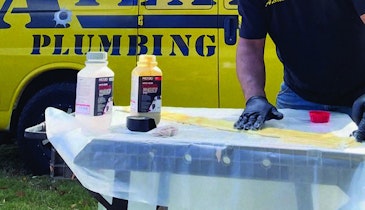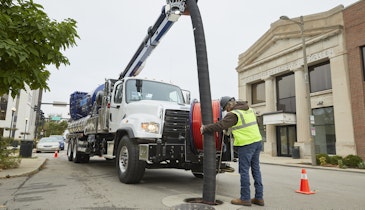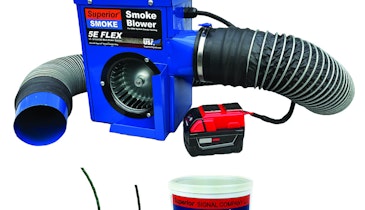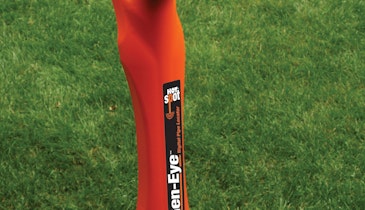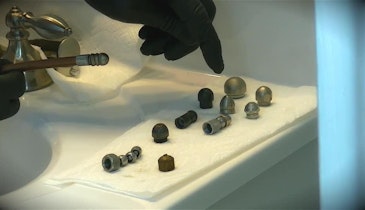Banks have been in the news a lot in the past year, and while day-to-day operations of a drain-cleaning business may not be directly affected by the buyouts and bailouts, these issues might be inspiring you to think about banking more than usual. After all, where you bank can affect your day-to-day operations.
Most people, when they start a business, go to the bank they use for their personal finances and open a business account, never thinking about the differences between personal and business banking, or how a bank can help the business succeed.
All financial institutions must follow rules and regulations, but that doesn’t mean all banks are the same. Banks can vary in the criteria they set for lending, interest rates they pay and charge, minimum balances for accounts, service charges, and the types of products and services they offer. Some banks specialize in commercial lending, while others focus on home and car loans. Some may offer a wide variety of deposit accounts while others may keep it limited to a few basic offerings.
What do you need?
Start by making a list of what you require from a bank. Is a convenient location important because you’ll be making frequent deposits? Or is ability to do most of your banking online a priority, so that physical location matters little? Do you expect to need financing for an expansion or large equipment purchase in the near future? Or do you simply need a place to stash your cash and earn reasonable interest?
Selecting a bank is a lot like hiring an employee. It involves asking thoughtful questions and checking into the candidates’ histories and performance. Personal chemistry also comes into play, since you want to be comfortable talking with your banker. Here are some ways to find a bank that’s a good fit:
• Ask your lawyer, accountant and other business associates where they bank and what they like or dislike about that bank.
• Find out which banks are involved in the local Chamber of Commerce and service organizations. It’s a good bet that bankers who care the most about their community work the hardest to help local businesses succeed.
• Visit several banks to evaluate their customer service. Introduce yourself to the branch manager.
• Ask if the bank has a small-business specialist on staff and meet that person, too. A bank committed to small businesses enough to have a specialist on staff is more likely to provide support and assistance in areas such as cash management and tax issues.
• Meet with a loan officer at the bank, discuss your credit report, and try to get a feel for how likely they would be to loan your business money.
• Find out if the bank provides special loan programs for small businesses, including Small Business Administr-ation or other government guaranteed loans.
• Tell the people you meet with at the bank about your business to determine their level of understanding for what you do. Do they have customers in similar industries?
• Compare interest rates paid on deposit accounts and rates charged on consumer loans. While business loan rates are typically negotiated and usually not posted, a bank’s consumer rates may give some indication of how the bank falls in line on rates versus competitors.
• Ask about fees. Many banks offer free checking and no account fees. Don’t choose one that is going to nickel and dime your business to death.
Two banks?
Once you’ve selected a primary bank for your business, pick a runner-up. It’s a good idea to build a relationship with two banks. That way, if there’s a problem with the first one, you’ve got a backup.
Banking professionals often move from one branch to another or up the corporate ladder. If the small-business specialist you have a great rapport with is replaced by someone who doesn’t understand what you do, you might start doing more business with bank number two.
If bank number one says no to a loan, you’ve got a better shot at a second bank if you’ve already built a relationship with them. In addition, since Federal Deposit Insurance Corporation covers only the first $100,000 in deposits (though that was temporarily increased to $250,000 per depositor through December 31, 2009 as part of the banking bailout legislation) putting anything over that amount in a second FDIC-insured bank expands your protection.
Another reason to use two banks: These days, it’s possible the bank you choose today will be out of business or owned by a different bank tomorrow. Having a backup plan for your business banking needs can be a comfort to you as a business owner.
